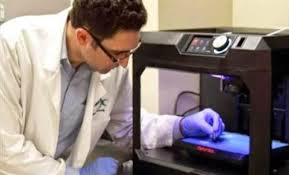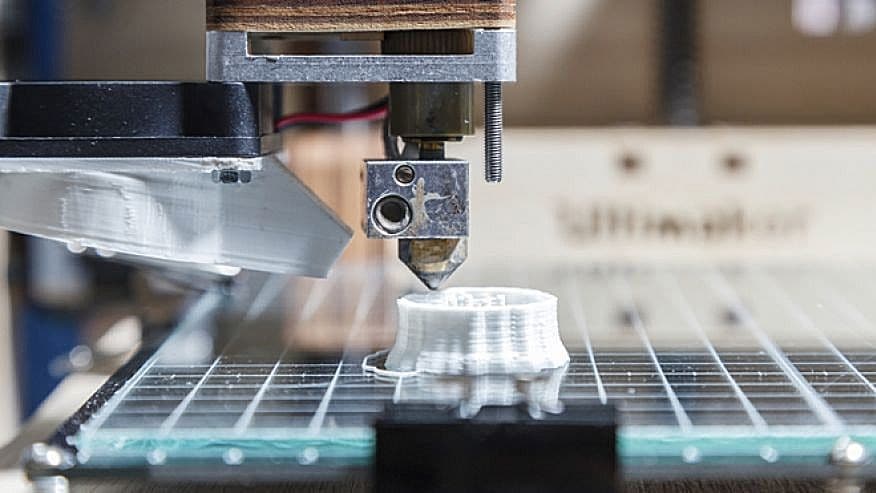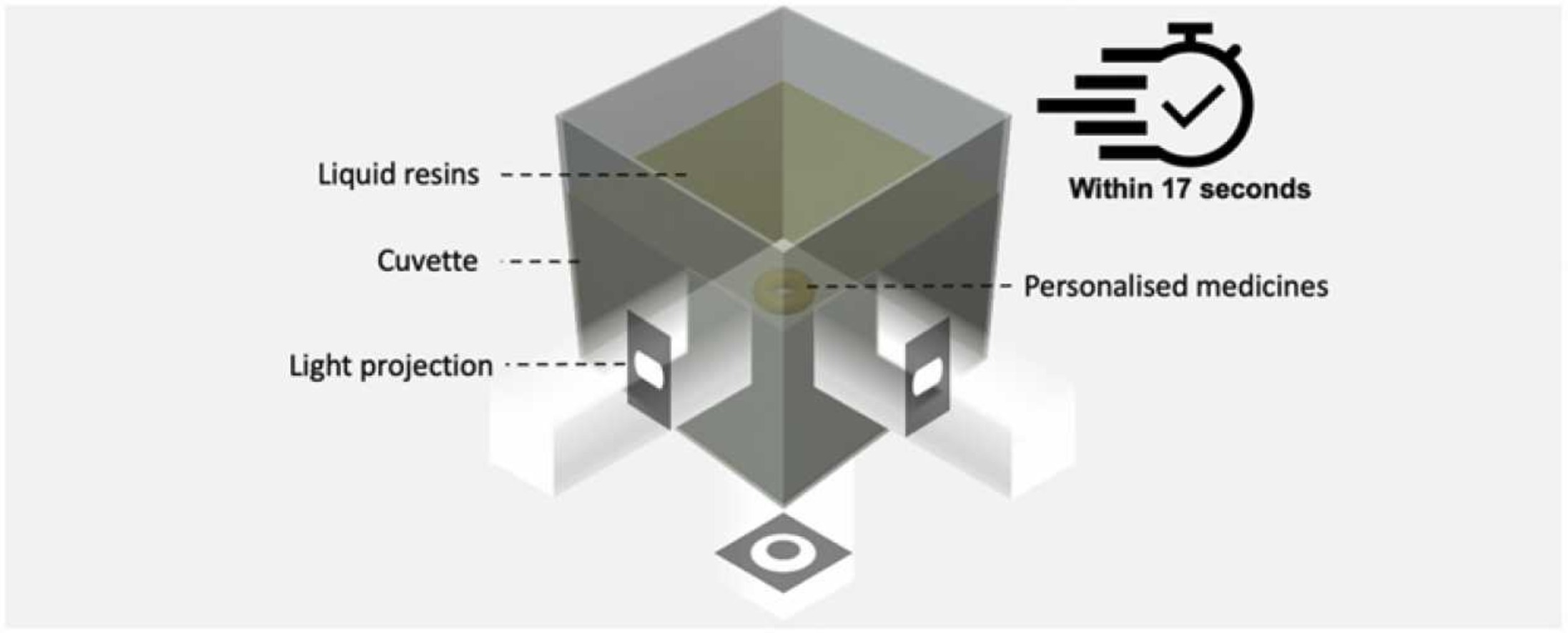A new study has led to the production of 3D printed medicines, one of the most exciting news in the pharmaceutical sector!
futuro prossimo – 27 marzo 2022

Apparently, 3D printers are capable of producing certain types of drugs. Even the time needed to produce them is just 7 seconds per drug (and up to a maximum of 17 seconds) according to the results reported by a research team led by the University of California.
Research teams have begun to experiment with the production of printed medicines starting from paracetamol, one of the most commonly used. They loaded the printlets (printed tables) and fired up the printers. In order for the machine to be able to produce a drug (a very small element), it was decided to use the photopolymerization technique in the tank.
This specific technique does not require high heat and, consequently, also allows the production of "microscale" objects.
In the manufacturing phase, the drug is dissolved in a solution of a photoreactive chemical. Activated by light, the substance solidifies and turns into a "printed tablet".
Good morning, print these medicines for me
Scientists have implemented small changes from the "typical" vat-cure printing. Usually, in fact, the technique is quite slow, because it proceeds to print layer by layer. Researchers have halved the time relying on a single production layer, arriving at obtaining complete medicines 
All this is possible thanks to an innovative light regulation process. The latter is irradiated on the photoreactive solution starting from different angles, increasing its action potential. All points of the 3D object reach the solidification threshold simultaneously, leading to the immediate creation of the printed medicines.
The professor Abdul Basit (UCL School of Pharmacy) is the project manager. Researchers from the Universidade de Santiago de Compostela and FabRx also work with him on the production of medicines.
“3D printed personalized medicines are evolving at a rapid pace and reaching the clinic. To adapt to the fast-paced clinical environment, we have developed a 3D printer that produces tablets in seconds. This technology could change the rules of the game for the pharmaceutical industry”.
Alvaro Goyanes, co-author of the research
Related news: With 3D printers, drugs will be produced at home in the future. Ed
AIFA. FDA approves first drug using 3D printing technology
3D printed drugs. Merck takes the field
3D printed drugs with a modified M3DIMAKER 3D printer co-developed with smartphone-based FabRx
